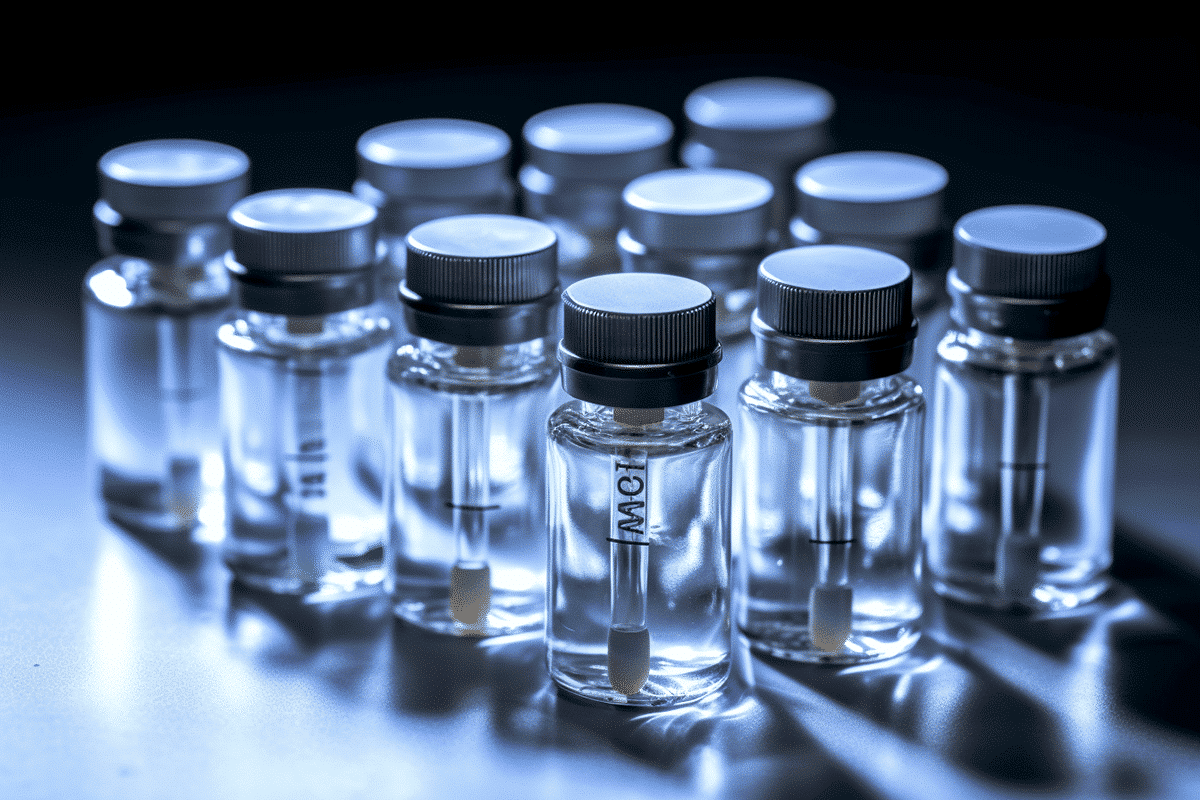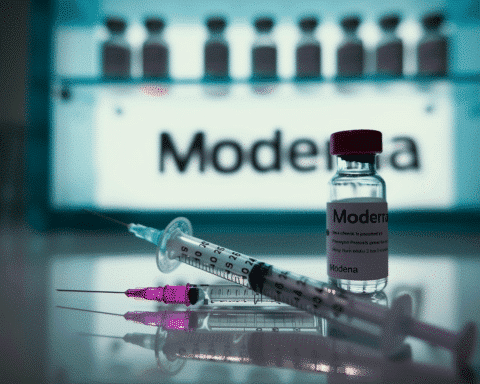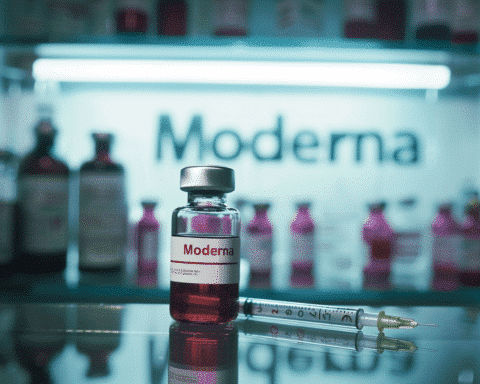The Food and Drug Administration (FDA) has approved updated Covid-19 vaccines from Pfizer and Moderna, setting the stage for these new shots to be available to most Americans in the coming days. This approval comes as the U.S. experiences a summer surge in Covid-19 cases, underscoring the need for updated protection against the evolving virus.
The new vaccines specifically target the KP.2 strain, a descendant of the highly contagious Omicron subvariant JN.1, which was widely circulating earlier this year. Although KP.2 was the dominant strain in May, it now accounts for only about 3% of all Covid-19 cases in the U.S., according to the latest data from the Centers for Disease Control and Prevention (CDC). Despite this decline, Pfizer and Moderna have indicated that their KP.2-targeted vaccines can generate stronger immune responses against other circulating subvariants of JN.1, such as KP.3 and LB.1, than the previous year’s vaccines, which targeted the Omicron strain XBB.1.5.
The FDA highlighted the importance of updated vaccinations due to the waning immunity observed in the population from both prior virus exposure and earlier vaccinations. To address this, the CDC has recommended that everyone over six months old receive an updated Covid-19 vaccine along with a flu shot this year. The newly approved vaccines from Pfizer and Moderna are specifically intended for individuals aged 12 and older, while emergency use authorization has been granted for children aged six months through 11 years.
Pfizer has announced that it will begin shipping its updated vaccine immediately, with availability in pharmacies, hospitals, and clinics across the U.S. expected within days. Moderna anticipates a similar timeframe for its vaccine’s availability. The companies emphasized that staying up to date with Covid-19 vaccinations remains one of the most effective ways to prevent severe illness.
The FDA’s approval of these updated vaccines arrives earlier this year compared to last year’s round, which was cleared on September 11. This earlier availability could provide some reassurance to Americans amid a relatively large spike in Covid-19 cases this summer. According to CDC data, high levels of Covid-19 are being detected in wastewater across almost every state, providing a snapshot of the virus’s prevalence as traditional testing methods have declined.
While other indicators, such as Covid-19 test positivity rates and hospitalizations, are on the rise, they remain significantly below levels seen at the pandemic’s peak. Recent data shows that Covid-19 test positivity rates rose to 18.3% in early August, up slightly from 17.9% the previous week. Hospitalization rates have also increased, with approximately four people being hospitalized for Covid-19 per 100,000 residents, compared to just one hospitalization per 100,000 people in May.
There is some uncertainty about whether the current summer wave of Covid-19 will subside by the time the new vaccines take effect, typically two weeks after administration. However, federal health officials have long suggested that Americans may need annual updates to their Covid-19 vaccinations due to the virus’s ability to mutate and evade immunity from previous vaccinations or infections. This approach is similar to the yearly rollout of flu vaccines.
Despite the push for updated vaccinations, it is unclear how many Americans will opt to get the new shots. Only around 22.5% of U.S. adults received the most recent Covid-19 booster that became available last fall. Many of those who skipped the latest booster cited a lack of concern about the virus or busy schedules as reasons for not getting vaccinated.
While Pfizer and Moderna’s vaccines utilize mRNA technology, which allows for rapid updates to target new virus strains, Novavax, another vaccine manufacturer, is still awaiting FDA authorization for its new vaccine. Novavax’s vaccine is based on protein technology, a decades-old method used in other routine vaccinations. The company is working with the FDA to complete its review and hopes to receive authorization in time for the peak vaccination season.
As the updated vaccines from Pfizer and Moderna roll out, the hope is that these new shots will offer enhanced protection against the evolving Covid-19 virus, helping to curb the spread and severity of infections in the months ahead.




